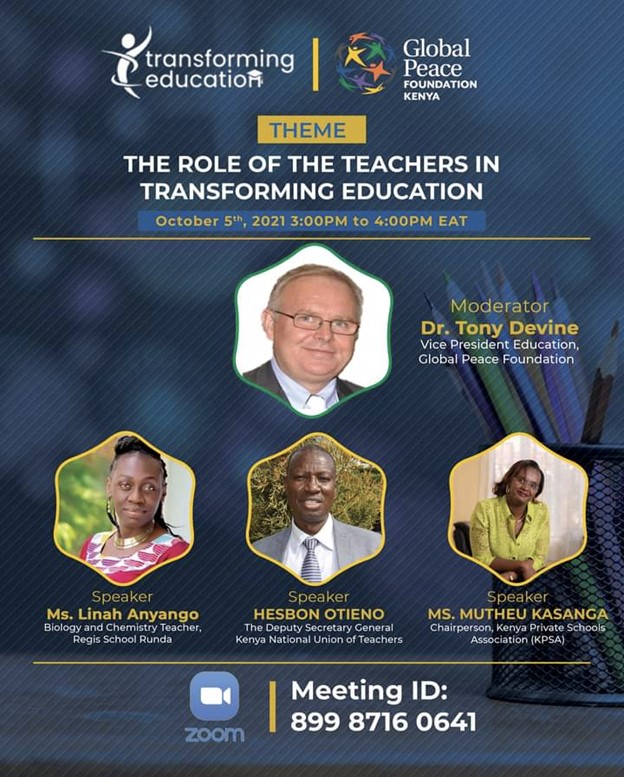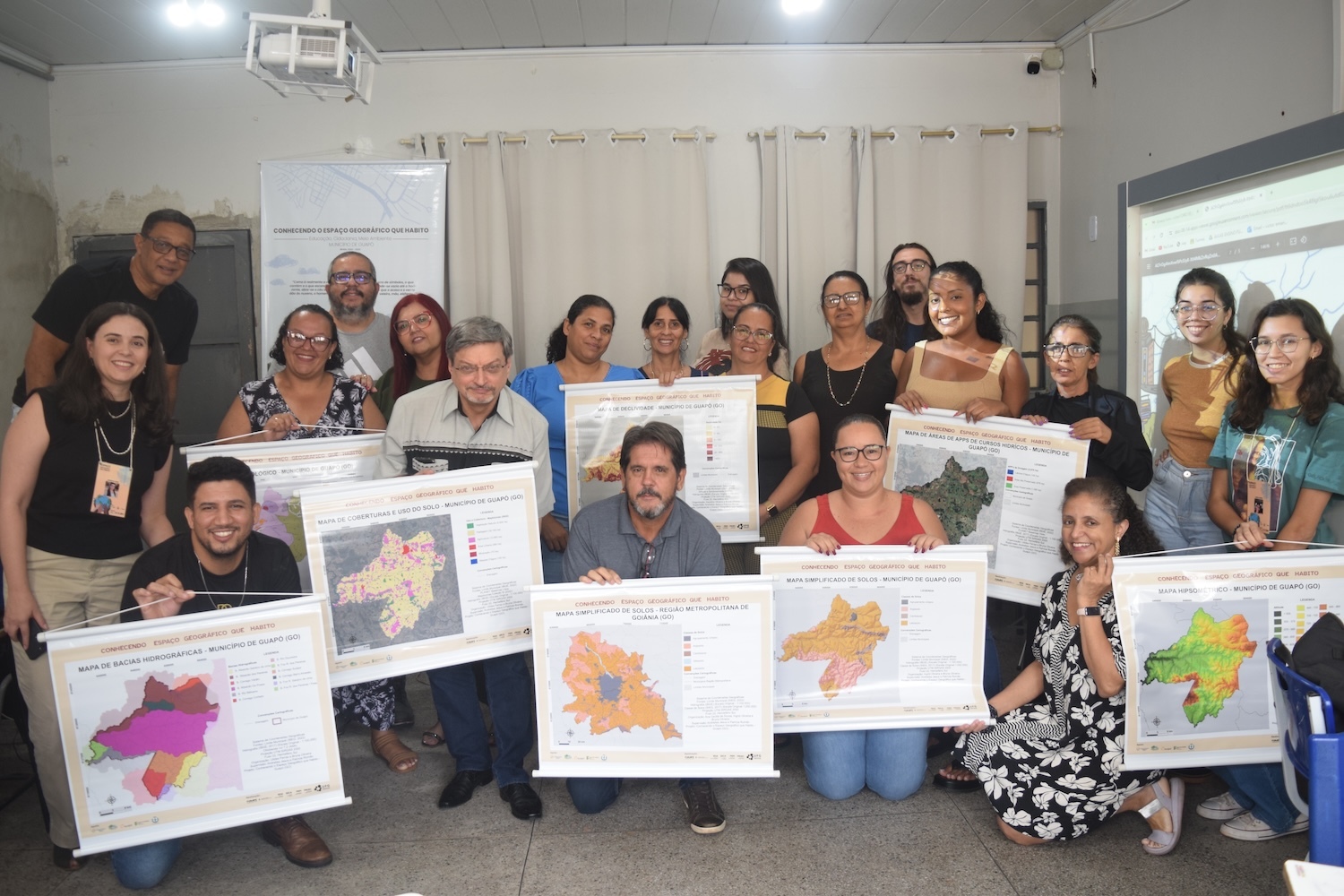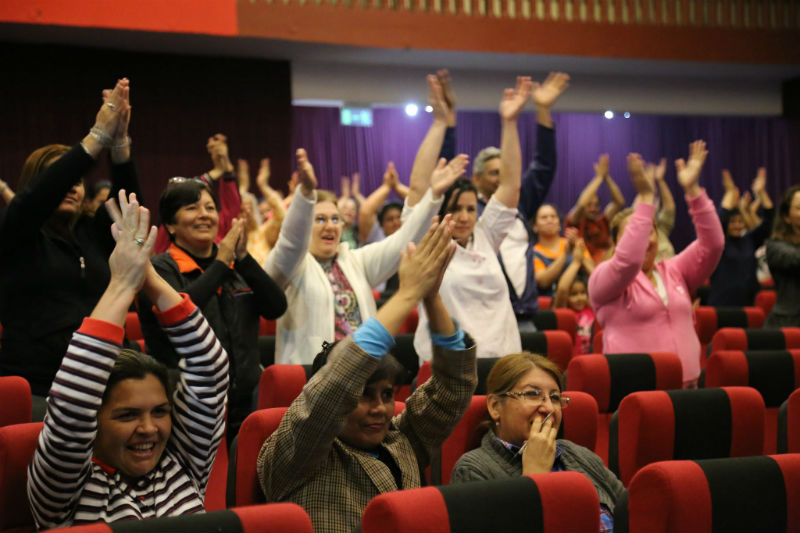In celebration of World Teachers’ Day, Global Peace Foundation hosted a Kenya webinar on October 5, 2021, to discuss the important role of teachers in recovering education from the disruption brought about by the global pandemic.
 Part of a month-long global advocacy from October 5 to November 8, 2021, the webinar explored practical solutions to implement in a twenty-first-century education program.
Part of a month-long global advocacy from October 5 to November 8, 2021, the webinar explored practical solutions to implement in a twenty-first-century education program.
Under the extended theme “The Role of Teachers in Transforming Education Globally,” Kenyan educators and education professionals examined the future of classroom learning beyond the challenges of the Covid-19 pandemic, and how teachers can adjust to and cope with the increasing technological advancements.
Noting that the role of the teachers is not only to focus on education recovery but also transform the way they educate, the discussion explored their roles as “designers of learning,” and developing students’ well-being for future success. This model also redefined the teacher-student-parent work relationship for more effective education outcomes.
Adapting to new technology
Panelists pointed out the struggle teachers face today with internet connectivity, the needed technology, and the lack of appropriate technology generally in the African continent, which had interrupted the education of many students. During the early days of transitioning into an online education setting, teachers often helped each other understand the technology, but they still face challenges, such as media limitations, resistance to remote learning, and managing workloads.
Many of the issues today are related to how well teachers are prepared and understand the change in the learning system. Professional development within the school through collaborative teacher teams, and an ecosystem approach where internal resources are maximized, are both indispensable and pragmatic in a time of rapid change, panelists agreed.
Teachers themselves can rise to be moral and innovative leaders in their own right, with the agency to be their own best developmental resource.
Mutheu Kasanga, Chairperson of the Kenya Private Schools Association, stressed the importance of investing in leadership development and capacity building of teachers. School leaders have the capacity to bring together teams of teachers who can deliver the curricula to learning recovery. Teachers themselves can rise to be moral and innovative leaders in their own right, with the agency to be their own best developmental resource.
Each panelist expressed the need to transform the education system beyond just recovery to accommodate the learning curve of a twenty-first-century student through a digital landscape that also instills values and skills to positively contribute in both the local and global community.

Panelists participating in the webinar included, from left: Dr. Tony Devine, Vice President for Education, Global Peace Foundation; Linah Anyango, a Biology and Chemistry Teacher at Regis School-Runda; Hesbon Otieno, Deputy Secretary General at the Kenya National Union of Teachers; and Mutheu Kasanga, Chairperson of the Kenya Private Schools Association.
For more information on global efforts to build education networks and infrastructure to address twenty-first century needs, visit:
OECD Future of Education and Skills 2030
https://www.oecd.org/education/2030-project/
Global Goals Curriculum
https://www.ggc2030.org/en/home
UN – Teacher Task Force
https://teachertaskforce.org/
Webinar ON-DEMAND



